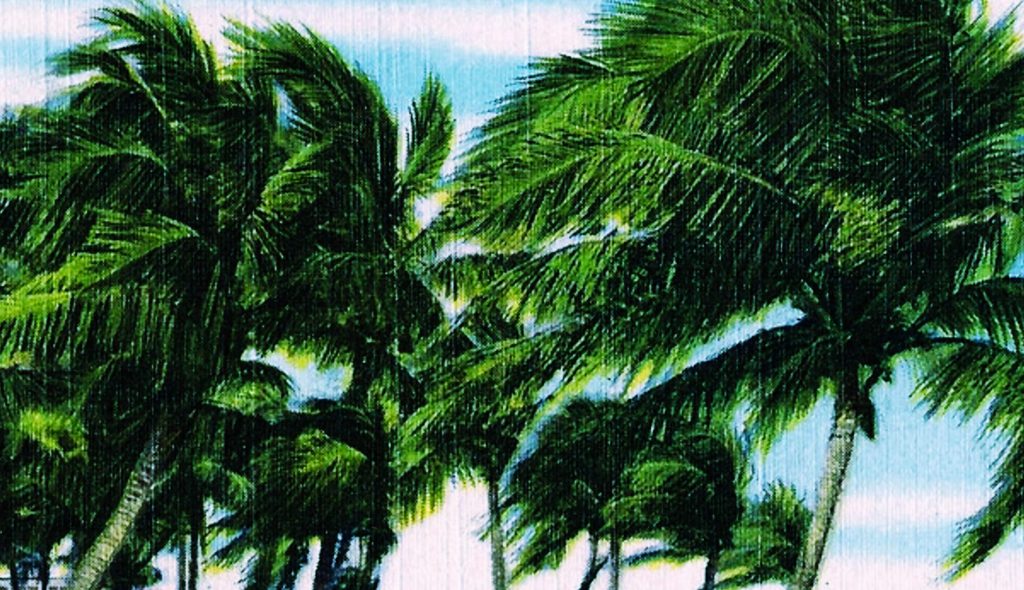Genevieve Hudson
Real Life

Real Life
And so it begins, as most things do, with an encounter. Quiet at first just one boy’s ear against another. A kiss so soft your teeth fall out. You are sure Pan came from somewhere spectacular: Micronesia, Disney World, thin air. His eyes are tough as daffodils. He is training to be a witch. He wants to create a nothing out of something.
What is the difference between love and pity? Your arm is around his torso. Your torsos are against a tree. Pan circles this question in a book he’s reading about emotional disease. You sit on a volcano. Beneath you is a village, behind that a sunset. He crushes clover in his fist like a jaw eats a salad. You tighten your arm around him until his bones shift. There’s something easy about his mascara, and the imprint it makes on your white sleeve: two crows silhouetted in the sky.
Pan hates the island, which might be why he likes you.
When not together, text messages are involved. They find you standing in your mother’s garden about to slice the midsection of a lemon. The sight of his name on your screen causes your stomach to rise into your sternum. He takes photographs of himself drinking kale smoothies with just his lips showing: mint on skin where drink meets mouth. He is the person you want to reach when you eat a particularly good raspberry and need another soul to know.
Hubba Hubba Huzza he says when you ask of his childhood, about the scar on his back, the tattoo selfies on his hands. REAL reads one palm, LIFE the other. Those aren’t sentences, but they count.
Having recently moved here, you like your walks long. Getting lost on an island is both comforting and cruel. All roads lead to water. The water circles you in. You cut flowers from wild branches with nail clippers, the only thing in your pocket, to bring to your mother. She’d walk, but today is a black day. Everything, even her blood, burns. She goes to the window, but no further. To the table, the chair, no further. She smells the salt air. It’s almost enough.
This is a place with distinct borders. Real horizons. When the sun drops you see it everywhere. A road is always ending. There’s a sign on the beach: Garbage Mountain is the End of the World.
At school you are noticed as new.
Genevieve Hudson
Genevieve Hudson is an American writer living in Amsterdam. Her writing has appeared in The Rumpus, Tin House (online), The Believer Logger, Portland Monthly, No Tokens, Word Riot, Bitch Magazine, and other places. Her work has been supported by a Fulbright fellowship and residencies at the Dickenson House and Caldera Arts.